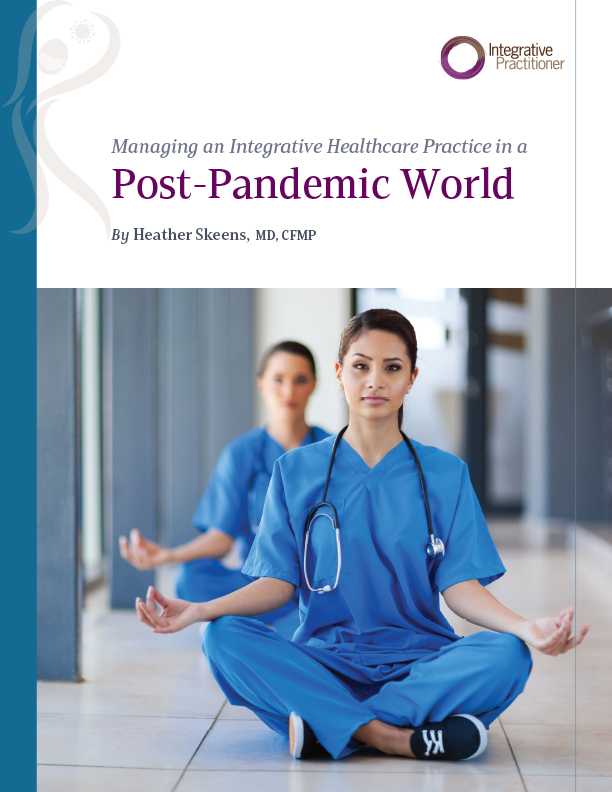Filters
Product Categories
The novel coronavirus (COVID-19) pandemic rocked the healthcare industry. Practitioners had to sharply pivot and adapt their businesses to a new normal, adjusting nearly ever aspect of clinical practice. Some practices embraced the challenges and were able to maintain or even grow their businesses, while others are still unsure what these uncertain times may bring.

Addressing Implicit Bias and Microaggressions in Integrative Healthcare

Presented by:
Aly Cohen, MD, FACR
Compared to third world countries, the United States has some of the cleanest drinking water in the world. Despite this, U.S. drinking water has become increasingly contaminated with a variety of chemicals known to be harmful to human health. From industrial run-off, air pollution, natural disasters, broken infrastructure, outdated regulation, influx of modern-day chemicals, and lack of public awareness, the toxic contaminants found in U.S. drinking water are now a growing source of both acute and chronic illness, affecting millions of unsuspecting residents across the U.S.
This talk will take a brief look at the history and current laws and regulation surrounding drinking water, the monitoring and oversight of municipal water, issues with private wells vs. municipal water, water testing, common contaminants and their risks to human health, climate change challenges, filtration options, safe transport of drinking water, and what can be done to create safer drinking water for ourselves, our families, and our patients.
This presentation was recorded at the 2022 Integrative Healthcare Symposium Annual Conference.


Integrative health practitioners are aware of the fast-growing body of research correlating favorable physiological changes with the cognitive and psychosocial effects of meditation and mind-body practices. The challenge often lies in translating these findings to the clinical setting for enhancement of care, prevention of practitioner burnout, and support of overall wellness.

Presented by: Mark Hyman, MD
Science in its purest form should be able to answer hypotheses and prove or disprove them. Research should be well designed, free of bias or conflicts of interest. Today’s competing nutrition paradigms leaves scientists, practitioners

Dr. Parker provides detailed description of how to create group visits that are personalized and comprehensive in covering lifestyle topics and the clinical imbalances of the Functional Medicine Matrix, while also focusing on scaled impacts on public health.

“Enteric Dialysis®” – To Delay the Need for Dialysis

Enjoy two weeks of complimentary access to an Integrative Practitioner Gold Membership.

Presented by: Mark Hyman, MD
Why are there so many different views on a healthy diet? Should your diet be plant-based, vegan, Paleo, raw, or any other of the dozens of diets that are promoted as healthy? The science of nutrition is fraught with methodological challenges. The politics of food and our lack of a coherent food policy compound the problem.


















